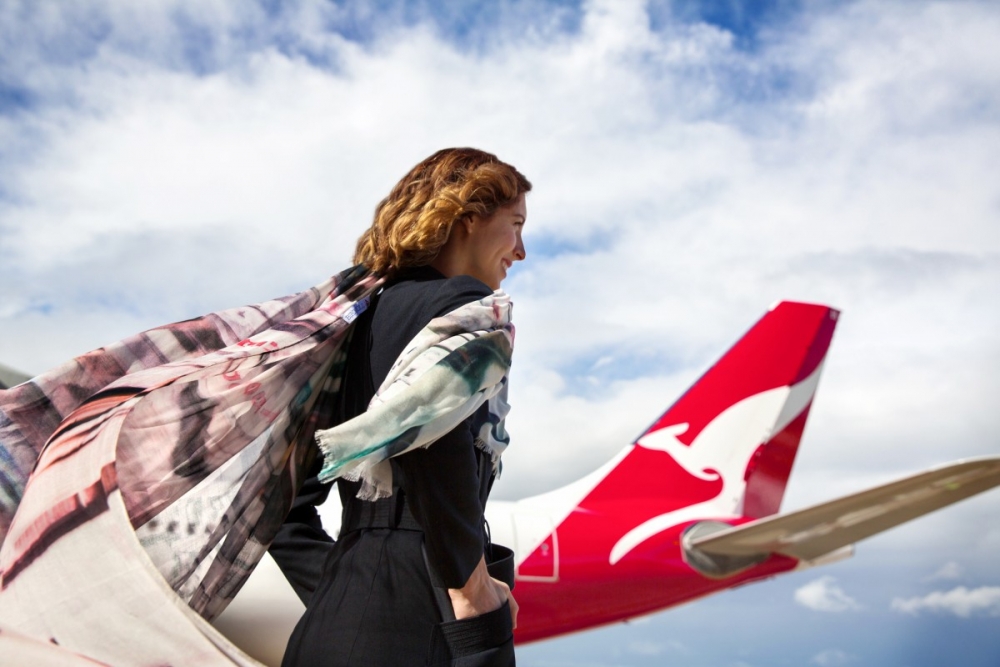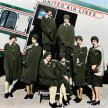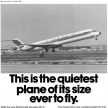A financial framework “that stands out among corporate and airline peers” has helped Qantas gain a coveted credit upgrade by ratings agency Moody’s.
Moody’s announced Monday that the Australian carrier’s credit rating has been upgraded from Baa3 to Baa2. Both ratings are investment grade.
“While we expect Qantas' credit metrics to remain fairly stable for the next 12-18 months, the upgrade reflects our greater focus on qualitative factors,’’ Moody’s vice president- senior credit officer Ian Chitterer said in the upgrade announcement.
“This includes the unique traits of the Australian continent and airline market, Qantas Group's strong domestic position, and diversification provided by the loyalty program.
"We also factor in the reduction in credit risk through its hedging policy and financial framework. Working in tandem, they help to reduce earnings volatility and increase the predictability of management’s response to market conditions.’’
Qantas earlier this month predicting another bumper full-year underlying pre-tax profit of $A1.35 billion to $A1.4 billion, making it the second highest in the airline’s history.
The airline said it had seen an improving performance from its domestic operations and a “slight moderation” in the challenging conditions facing it in the international market.
Its forecast compared to an underlying profit of $A1.53 billion and a net profit of $1.03 billion in 2015-16.
In its decision to upgrade Qantas, Moody’s took into account the “unique” dynamics of the Australian market, including an airline duopoly with budget airline subsidiaries reducing the chances of a new domestic competitor and significant distances between cities.
It noted Qantas had a domestic capacity share of 62 per cent and raked in 86 per cent of the available pre-tax earnings in the market.
“With its greater scale, far higher margins and a significantly stronger balance sheet, Qantas is in a very strong competitive position,’’ it said.
The upgrade also reflected the stable earnings of Qantas Loyalty, which accounted for about 20 per cent of group pre-tax eearnings in2016 with management predicting growth of 7 to 10 per cent for the next five years.
Moody’s also liked the airline's fuel hedging strategy because it reduced cash flow volatility and gave the business time to adjust fuel spikes.
“Qantas' publicly articulated financial framework stands out among corporate and airline peer,’’ Moody’s said. “The stipulation of maximum net debt levels and forward-looking nature of the framework will trigger pre-emptive actions in the event of sustained fuel-cost increases or operational weakness.’’
The credit agency said a further upgrade was considered unlikely unless Qantas changed its financial framework to target a debt to earnings before interest, tax, depreciation and amortisation (EBITDA) ratio of around two times but this was not expected.
It would look at a downgrade if that same ratio exceeded three times but it noted it was expected to remain below this level.
























